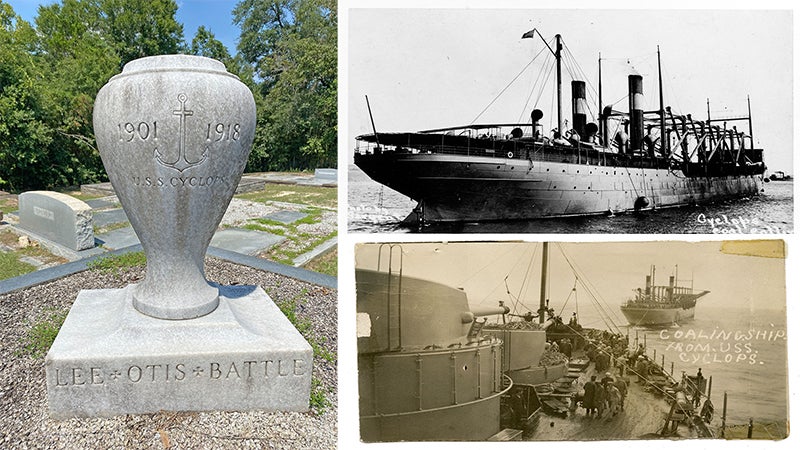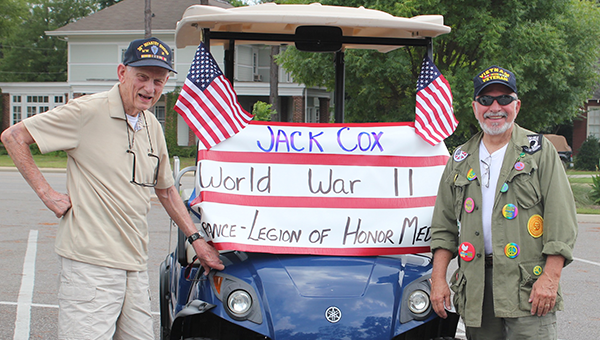Would we make same rules under the veil?
Published 12:07 am Saturday, December 6, 2014
There are many things I should remember from college that I don’t; but a lesson learned in an ethics class stays with me, still.
The premise of the lesson was that, in deciding what is right, there is more than one way to look at an issue. John Rawls’ Veil of Ignorance was my favorite of the devices taught.
The concept also was used by others, but basically is a thought exercise. An often-used illlustration of the theory is slavery. If a plantation owner were asked if slavery were OK, he would be asked to answer without knowing what role he would play after the rules of the game were made. A plantation owner would likely be for slavery; but if when he emerged from the veil, he might be slave instead of master, would he still think slavery a good thing?
The idea is that parties subject to the veil of ignorance will make choices based upon moral considerations, since they will not be able to make choices based on self- or class-interest.
Like most of America, I watched in horror when riots broke out in Ferguson, Mo., after a grand jury decided not to indict Officer Darren Wilson, a white man, in the Aug. 9 death of Michael Brown, a black man. It makes no sense to me to destroy the property of people not involved in the grand jury process just because one is angry. I was stunned when a CNN reporter attempted to continue her coverage after someone hit her in the head with a rock.
But I’m not black. I’ve never had reason to think a cop might misinterpret my movements or reactions. I’ve had little reason to not trust law enforcement.
John Rawls would have us question whether we would agree with the grand jury if, when we emerged, we might be Michael Brown’s mother.
On the other hand, I’m not a cop. I don’t strap on a gun to go to work each day, and my loved ones don’t have to wonder if I’ll make it through the day alive.
Under the veil, we’d also have to consider how we might feel in that role.
Friends in my social media feed have expressed outrage on both sides. There is no doubt, we have issues that need to be fixed. Civilians need to respect law enforcement, and law enforcement officers need to live in such a way that they deserve our trust and respect.
Wednesday, a New York grand jury cleared another white police officer, Daniel Pantaleo, in the July chokehold death of 43-year-old father-of-six Eric Garner.
In startling contrast to Ferguson, protests across the nation have been mostly peaceful, with protesters calling for body cameras on police officers.
I have not read the grand jury reports of either case closely enough to be qualified to express outrage on either side. But I am more impressed by protestors who choose to lie down quietly and say, “I can’t breathe” (what Garner is said to have told Officer Pantaleo), than by those who would burn buildings.
Their protests, like Mr. Rawls’ veil, remind us to consider the other side before rushing to judgment.
It’s still one of my all-time favorite lessons, in an all-time favorite class.



